
About The School
In the rapidly evolving field of bioinformatics, the need for comprehensive education and hands-on training has never been more critical. OMICSS, the annual summer school program, is back with its third installment, OMICSS-24, uniquely designed for total beginners. Our goal is to equip you with the essential knowledge and skills in life and data sciences, preparing you for your very first bioinformatics project.
The Name
The term “OMICSS-” derives from “OMICS School” and is rooted in the suffix “omics,” which encompasses research fields such as genomics, transcriptomics, epigenomics, and metagenomics. These disciplines strive to comprehensively capture biological information at various levels, offering insights into biological systems’ complex interactions and functions. This approach contrasts with traditional research methods that typically focus on the detailed study of individual molecules. The emergence of new sequencing technologies approximately 15 years ago has sparked a revolution in life science research. This has led to a growing demand for bioinformatics specialists with the expertise to analyze “omics” datasets.
Bioinformatics Workshop
In the final month, the students who successfully pass all exams will participate in a week-long bioinformatics workshop outside of Yerevan, where experienced researchers from Armenia and abroad will be invited. During the workshop, the students will conduct short bioinformatics projects, receive mentorship from senior researchers, and will present their results in a final presentation.
What We Offer
Foundational Knowledge: Dive into the essentials of molecular biology, programming, and statistics.
Bioinformatics skills: Learn about cutting-edge sequencing technologies, next-generation sequencing data analysis, and the bioinformatics algorithms vital for big data analysis in genomics.
Expert Insight: Gain perspective from leading figures in the field, with invited speakers from institutes worldwide sharing their knowledge, research, and the vast array of career opportunities in bioinformatics.
Networking Opportunities: Connect with peers, mentors, and leaders, opening doors to collaborations and career advancements.
Hands-On Experience: Engage in daily learning activities and practical exercises designed to solidify your knowledge and skills.
Bioinformatics Bootcamp: The school will end in a ten-day journey through your first bioinformatics project, where you and your team will analyze genomics data and present the findings to your peers and school speakers at a 3 to 4 day bootcamp that will take place in Dilijan or in Sevan. Pathway to Internship: Successful completion of OMICSS-24 could be your gateway to an exciting internship at ABI, offering real-world experience in the field of bioinformatics.
Partners
This year’s program is a collaborative effort between ABI and the Institute of Molecular Biology (IMB) NAS RA. We are also collaborating with Birthright Armenia to provide support to international applicants of Armenian descent.
Who Can Apply
- Researchers, graduates, or students in data/computer science or biomedical sciences from any country can apply.
- A good knowledge of English is required.
- A basic knowledge of programming (Python or R) will be required. New to programming? That’s not a problem! Follow these steps to quickly bridge the gap!
- The course requires a full-time commitment over two months. Some exceptions will be made for strong applicants who have schedule constraints.
- No knowledge of biology is required.
Timeline
Applications open: April 9
Early bird registration: May 5
Early bird selection: May 13
Late bird registration: May 26
Late bird selection: June 3
People
Mentors
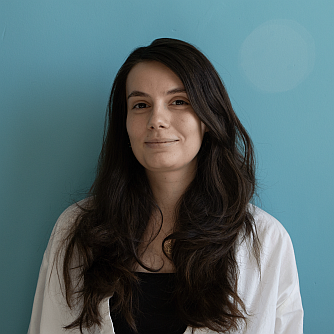
Maria Nikoghosyan
ABI, BIG IMB NAS RA
Armenia
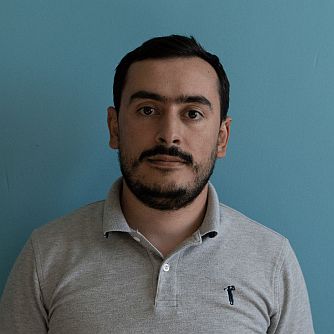
Siras Hakobyan
ABI, BIG IMB NAS RA
Armenia
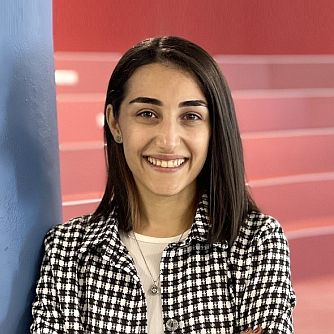
Susanna Avagyan
Stanford, Newman Lab
USA
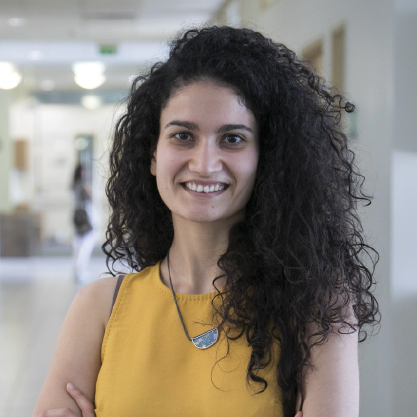
Lilit Nersisyan
Founding Director of ABI, Armenia
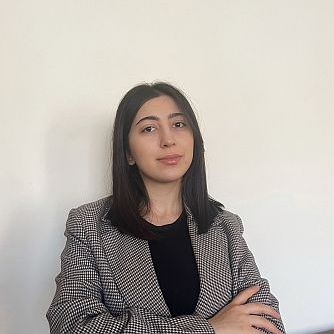
Lusine Adunts
ABI
Armenia
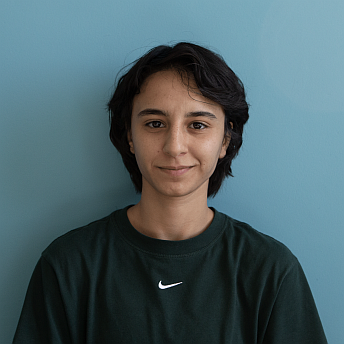
Nelli Vardazaryan
ABI, IMB NAS RA
Armenia
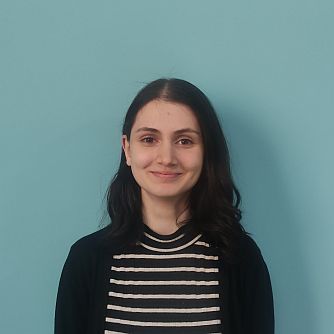
Emma Hovhannisyan
ABI
Armenia
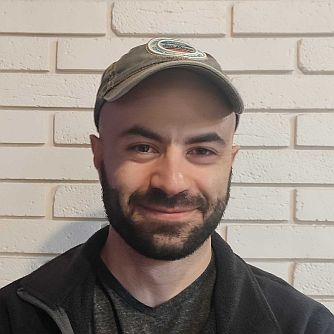
Arik Avagyan, PhD
YerPhy, Armenia
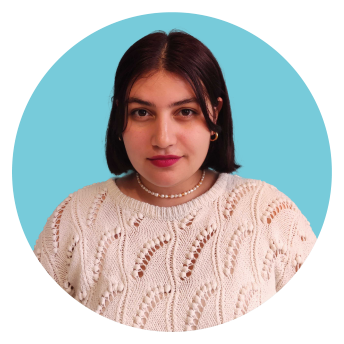
Arpine Grigoryan
ABI
Armenia
Lecturers
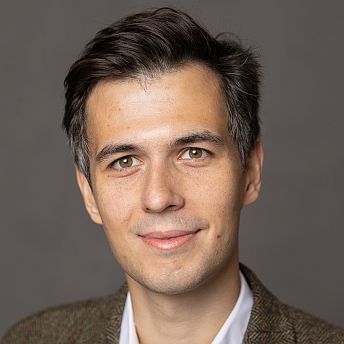
Aleksey Kurnosov, PhD
ABI, Armenia

Pesho Ivanov, PhD
Penn State University, USA

Vahan Huroyan, PhD
YerevaNN, Armenia
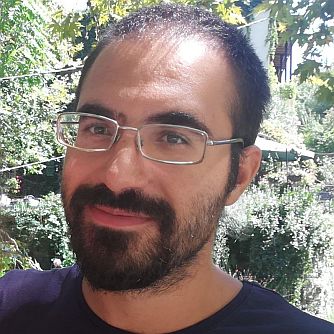
Chrats Melkonian
Utrecht University, The Netherlands
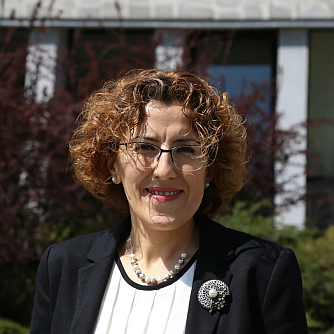
Meri Hovsepyan
Ayb School, Armenia
Guest Speakers
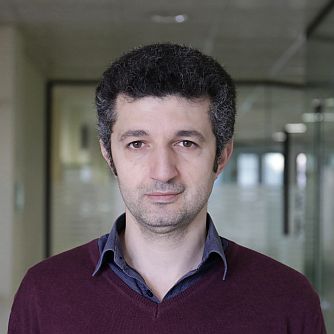
Arsen Arakelyan
ABI, IMB NAS RA, Armenia
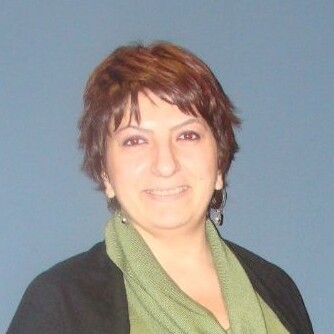
Roza Selimyan
Johns Hopkins University, USA
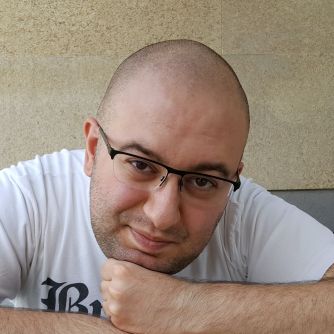
Antranig Wartanian
ABI, Armenia
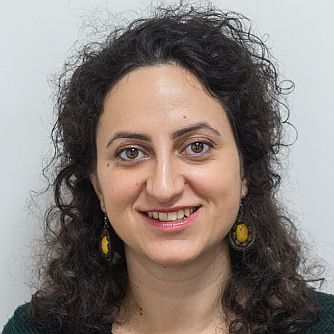
Araks Martirosyan
KU Leuven, Belgium

Aram Adourian
Flagship Pioneering, USA

Andrei Osterman
Sanford Burnham, USA
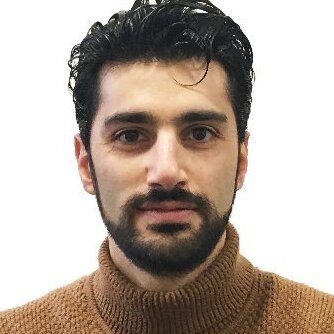
Ashot Margaryan
University of Copenhagen, Denmark
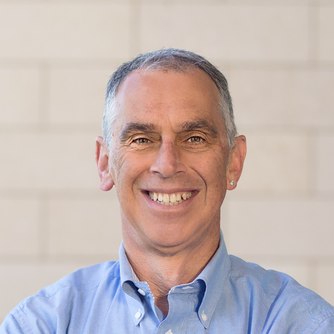
Russ Altman
Stanford University, USA
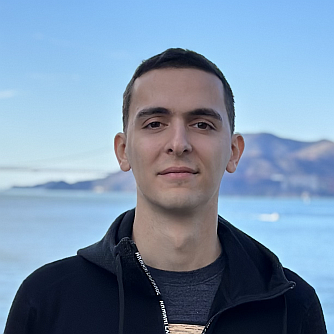
Stepan Nersisyan
Thomas Jefferson University, USA
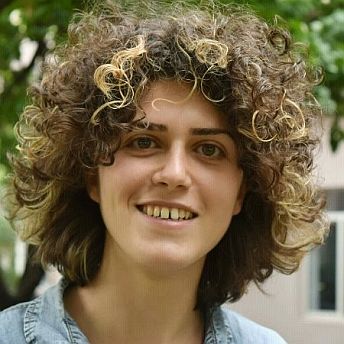
Anna Hakobyan
Medical University of Vienna, Austria
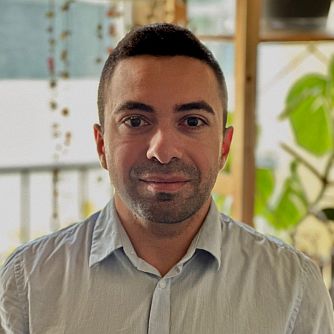
Vardges Tserunyan
University of Southern California, USA
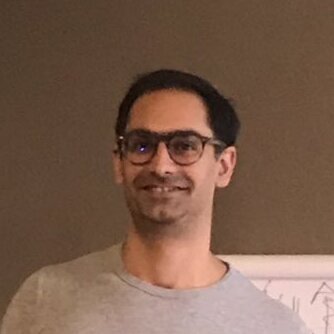
Haig Eskandarian
Harvard Medical School, USA
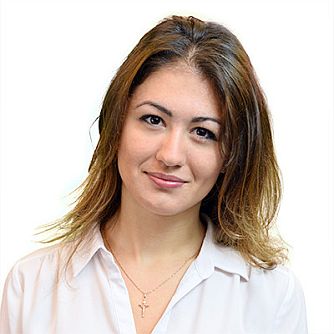
Lilit Grigoryan
Stanford University, USA
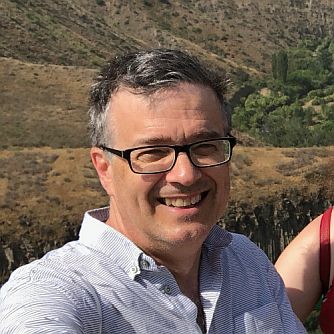
Jonathan Schug
University of Pennsylvania, USA
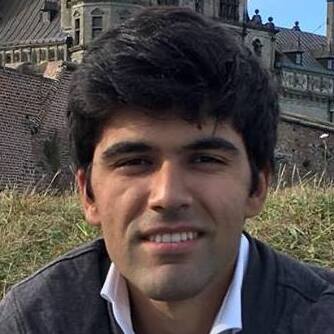
Erik Aznauryan
Wyss Institute, Harvard, USA
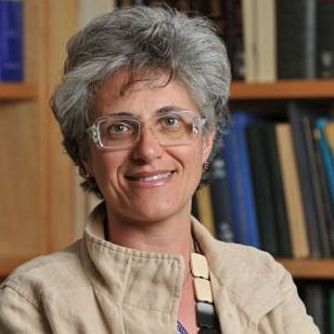
Chiara Sabatti
Stanford University, USA
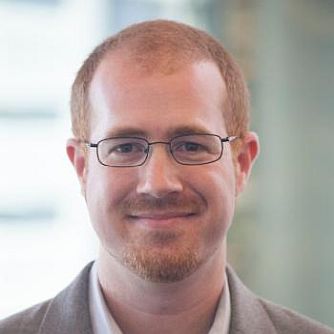
Aaron Newman
Stanford University, USA
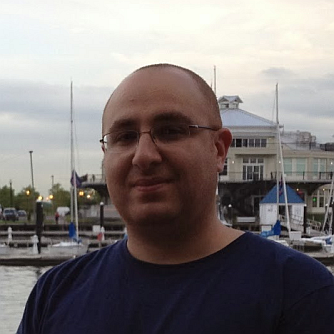
Davit Sargsyan
Janssen PRD (J&J), USA
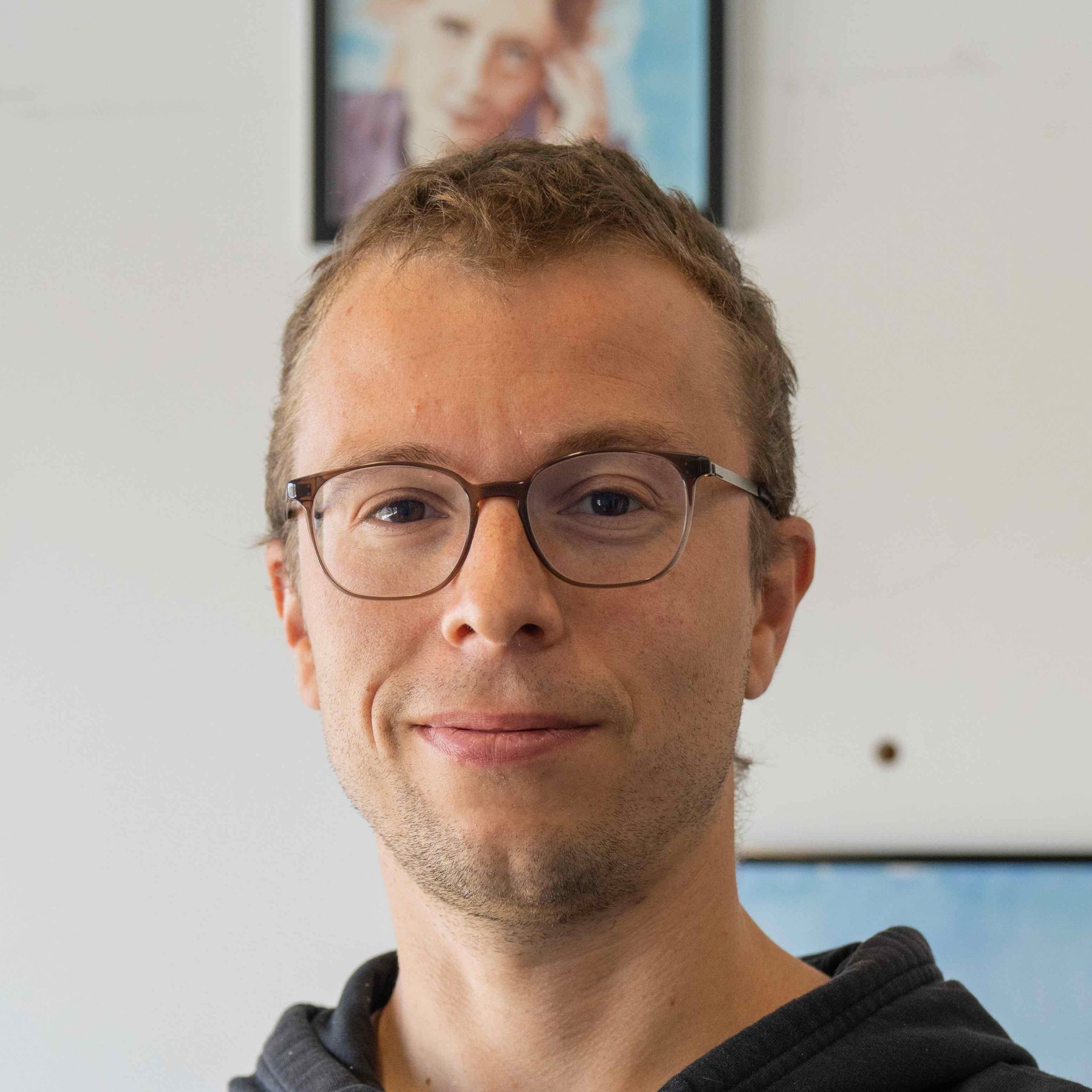
Alexander Persat
EPFL, Switzerland
Teaching Assistants & Volunteers
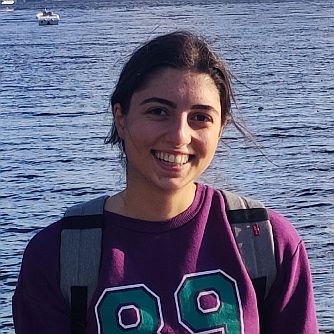
Anush Baloyan
ABI, Armenia
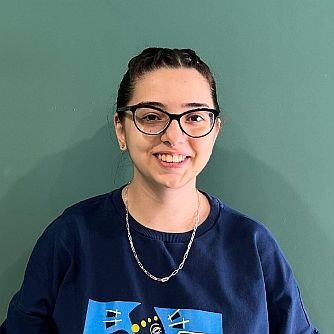
Gayane Aydinyan
ABI, Armenia
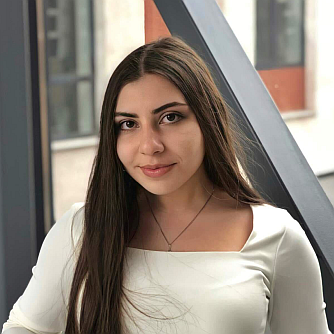
Meline Mkrtchyan
ABI, Armenia
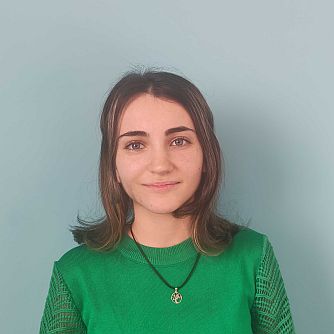
Melina Tamazyan
ABI, Armenia
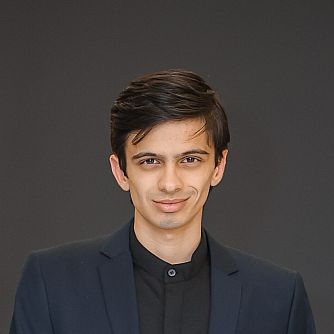
Davit Tarverdyan
ABI, Armenia

Luiza Stepanyan
ABI, Armenia
Organizers
Lilit Nersisyan, Founding Director of ABI, Yerevan, Armenia
Maria Nikoghosyan, IMB NAS, Yerevan, Armenia
Araz Chiloyan, Yerevan, Armenia
Karine Shahgaldyan, Yerevan, Armenia
Syllabus
Topics
- School opening and welcome party (June 21)
- Introduction to Molecular Biology (June 24 – July 5)
- Basics of Statistics (with programming) (July 8 – July 19)
- Bioinformatics algorithms (with programming) (July 22 – July 29)
- Experimental techniques in molecular biology (with lab practice) (July 30 – August 2)
- Bioinformatics, Functional Genomics & Linux command line (August 5 – August 15)
- Final projects (August 16 – August 24)
- Bioinformatics Bootcamp (August 21 – August 24)
Daily Schedule
The daily schedule will be organized between 10:00 AM and 5:00 PM, with some exceptions with earlier or later hours.
The day will consist of the following activities, which will be reordered depending on the day:
- Morning stand-ups. We will quickly discuss the participants’ progress over morning tea/coffee. These sessions are important for the participants to sync, and for us to gather feedback and perform ad hoc adjustments in the school structure.
- Lectures. These will be classical classroom-style lectures that will provide the foundational knowledge of the school.
- Guest lectures. These lectures will be delivered by the guest speakers. Those will provide the participants with a wider context of applications of bioinformatics in real-world settings. The speakers will talk about their projects in academia and industry showcasing the state of the art in genomics around the world. This is a great opportunity to network with global experts in the field.
- Practicals. Here the participants will engage in hands-on exercises to analyze their data or perform experiments in the lab.
- Self-learning sessions. During these sessions, the participants will spend time on their own to learn the newly delivered material.
- Office hours. The school mentors answer the participants’ questions during office hours in a classroom setting.
- One-on-one meetings with mentors. Each participant will have frequent meetings with the school mentors to discuss their progress and challenges in a cozy setting.
Peer-to-peer discussions. During these sessions, the participants of different backgrounds (e.g. biology or data science) will explain new topics to each other and gather feedback from peers.
Exams
There will be three (3) midterm exams, one after each module. Participants should score at least 60% on exams to continue onto the following module of the school. Top-scoring participants will be provided with an application fee waiver for the second module.
Please note that at least 90% attendance is required to pass to the second module and to complete the school.
Final Projects
The last ten days of the school will mainly be devoted to bioinformatics projects. The participants will work in teams with the school mentors. The projects will have a data analysis and biological research component. The projects will be presented on the last day of the Bootcamp.
Registration
Prerequisites
- Good knowledge of English (written and spoken)
- Basics of programming (if you’re new to programming, simply bridge the gap through a quick course before the application deadline!)
- No biology knowledge is required.
- Full-time availability (few exceptions for strong candidates will be made if needed)
- The participants should bring their own laptops. We will be able to provide a limited number of laptops to selected participants.
How To Apply
- Take a programming bridge course if you’re new to it
- Solve the coding problems
- Solve the biology challenge
- Fill in the online application form. It will ask for:
- General information about you
- Your motivation letter
- Links to your solutions to the coding and biology challenges.
Selected applicants will be contacted for additional interviews within a few days after the application.
International Applicants
We welcome applicants from any country. The travel and accommodation expenses should be taken care of by the individual applicants.
Applicants of Armenian descent are encouraged to apply to Birthright Armenia. For those planning a two-month visit to Armenia, accommodation assistance can be provided through Birthright Armenia. However, if applicants are willing to stay for up to six months and volunteer, Birthright will cover their travel expenses as well. It’s an excellent opportunity to immerse oneself in Armenian culture and establish a supportive network that will enhance your visit and ease the transition. pleasant and easy.
Registration Fees
Module 1: The Foundations
June 21 – August 2
Early bird applicants:
Student: 20,000 AMD
Other: 40,000 AMD
Late bird applicants:
Student: 30,000 AMD
Other: 60,000 AMD
Module 2: Bioinformatics & Functional Genomics
August 3 – August 24
Student: 25,000 AMD
Other: 50,000 AMD
The registration fee includes participation in the course, course materials, access to computational resources, coffee breaks, and participation in the final bioinformatics Bootcamp.
Registration fee waivers
A limited amount of registration fee waivers (50% and 100%) for the first module of the school will be available for strong candidates who have difficulty paying the fee. The fees for the second module will be waived for the top performers according to the results of three midterm exams.
Preparing For The School
Programming Bridge Course
If you’re new to programming, we suggest you start with Python with the help of the following free online courses and resources, as well as several chapters from some of the best Python books. The books and the necessary chapters will be sent to your email as soon as you apply for the bridge course.
Don’t worry! We require the very basics and you can gain the needed level in just 2-3 weeks. Here are the topics you’ll need to cover:
- Basics of Python Programming
Variables and Data Types: Understanding Python’s basic data types (integers, floats, strings, booleans).
Operators: Arithmetic, assignment, comparison, logical operators. - Control Structures
Conditional Statements: if, elif, and else for decision-making.
Loops: for loops and while loops for iteration. - Data Structures (a plus)
Lists: Creating, accessing, and modifying lists.
Tuples: Understanding the immutable version of lists.
Dictionaries: Key-value pairs, accessing, and manipulating data.
Sets: Unique collection of items, set operations.
We will be holding office hours at ABI 1-2 times a week during which our mentors will help you out with the bridge course!
Apply here before April 12 to participate in office hours. Once you fill out the form, we will contact you separately to arrange your visit. Later registrations are also possible, we will enroll participants on a rolling bases before the late bird registration deadline (May 26).
Programming Challenge
In your registration form, we will ask you to provide us with your account link on the Rosalind platform. This is a great resource for bioinformatics problems which we will use during school as well. You should have solved the following problems before the application:
- Counting DNA Nucleotides
- Transcribing DNA into RNA
- Complementing a Strand of DNA
- Computing GC Content
- Finding a Motif in DNA
- Counting Point Mutations
- Overlap Graphs (optional)
In the application form, we will ask you to provide the link to your Rosalind account, where we will be able to see which problems you have been able to solve.
Biology Challenge
We are interested to know how you approach new material and new information that comes your way. Do you ask questions? Do you use imagination? Do you analyze and critisize new texts?
Here’s a piece of recent scientific news about the role of bacteria in cancer. We assume that you know nothing about biology, but we’re still sure you’re able to do research and gain some insight from the text. To do that, we’d like to ask you to use ChatGPT (or other LLM chats of your choice) and dig as much information as you can from this text. Remember to ask conceptual questions as well!
In the registration form, we will ask you to provide a link to your ChatGPT dialouge, which you can find on the left side menu (hover over the dialogue topic, you will find three dots, click on those and you will find the share link).
Venue
Institute of Molecular Biology, 7 Ezras Hasratyan Street (Kanaker-Zeytun), Yerevan, Armenia
IMB is located in Kanaker-Zeytun district, 200m to the left of the Mikaelyan Institute of Surgery. Please note, the street name is Ezras Hasratyan street, not to mix it with Grigor Hasratyan street which is located on the other side of the city. Buses number 99, 1, 43, 40 (small bus) pass right in front of the building.
Contacts
In case of questions, please contact us at [email protected] or call (+374) 41 77 00 34 (Karine Shahgaldyan).
For Telegram/WhatsApp – +374 98152434